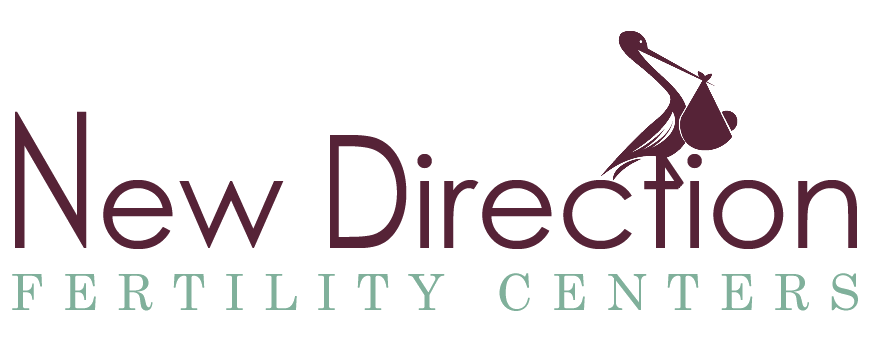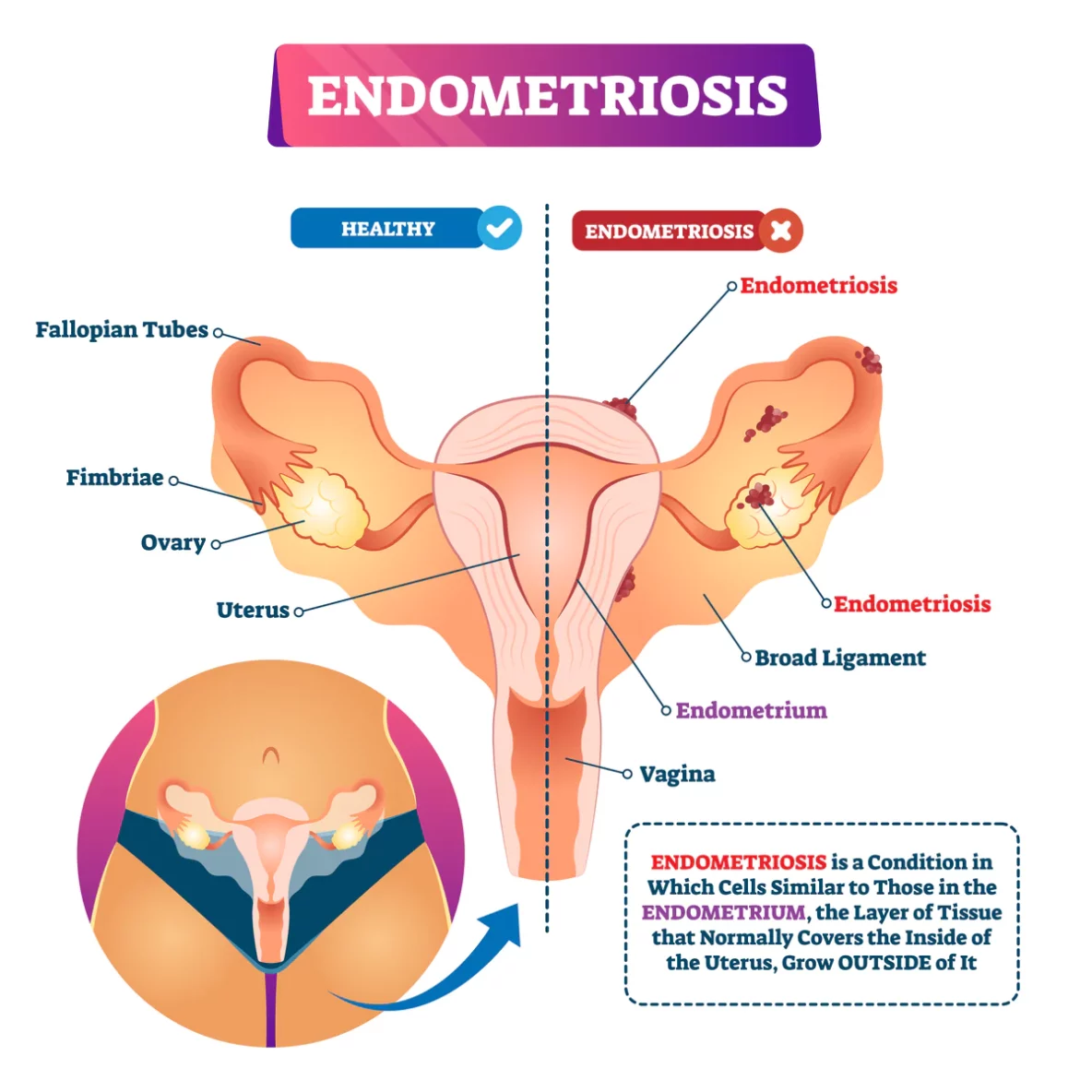Endometriosis is a medical condition in which the tissue that normally lines the uterus grows outside of it, causing inflammation, pain, and in some cases, infertility. According to the American Society for Reproductive Medicine, endometriosis affects approximately 10% of women of reproductive age, making it one of the leading causes of female infertility. In this article, we will explore the association between endometriosis and infertility and how fertility clinics in Arizona like New Direction Fertility Centers, can help women with this condition achieve their dream of becoming parents.
The Relationship between Endometriosis and Infertility
Endometriosis can affect fertility in several ways. First, the inflammation caused by the displaced endometrial tissue can damage the fallopian tubes and the ovaries, making it more difficult for the sperm to fertilize the egg. Additionally, the scar tissue that forms as a result of the inflammation can create adhesions, or bands of tissue, that can bind the ovaries, uterus, and fallopian tubes together, further complicating the fertilization process.
Endometriosis can also impact the quality of the eggs and the lining of the uterus, which are essential for successful implantation and pregnancy. In some cases, the endometrial tissue can grow inside the ovaries, forming cysts called endometriomas. These cysts can interfere with ovulation and cause hormonal imbalances that can affect fertility.
Diagnosis and Treatment of Endometriosis
Diagnosing endometriosis can be challenging because the symptoms can vary widely and may mimic other conditions. Common symptoms include pelvic pain, heavy or irregular periods, pain during intercourse, and difficulty getting pregnant. If you are experiencing any of these symptoms, it is important to consult with a fertility specialist in Arizona such as New Direction, where we can perform a thorough evaluation and diagnose the underlying cause of your symptoms.
Treatment for endometriosis can range from pain management to surgery, depending on the severity of the condition and the individual patient’s needs. Pain management can include over-the-counter or prescription medications, physical therapy, and acupuncture. In cases where the endometriosis is severe, surgery may be necessary to remove the affected tissue or cysts. In many cases, fertility treatments such as in vitro fertilization (IVF) or intrauterine insemination (IUI) may be recommended.
Fertility Clinics in Arizona: Supporting Women with Endometriosis
If you have been diagnosed with endometriosis and are struggling to conceive, it is important to seek out the support and expertise of a fertility clinic in Arizona. Our fertility specialists, Dr. Mark Amols and Dr. Seth Derman, can work with you to develop a personalized treatment plan that addresses your unique needs and concerns.
At our fertility clinic, you can expect compassionate care and support every step of the way. Your fertility specialist will work with you to diagnose the underlying cause of your infertility, develop a treatment plan that meets your needs, and provide ongoing support and guidance throughout your journey to parenthood.
Some final thoughts
Endometriosis can be a challenging condition to manage, but with the right support and treatment, women with this condition can achieve their dream of becoming parents. If you are experiencing symptoms of endometriosis or struggling with infertility, do not hesitate to seek out the help of our fertility specialists in Gilbert, Arizona. With the right care and expertise, you can take control of your fertility journey and build the family of your dreams.

